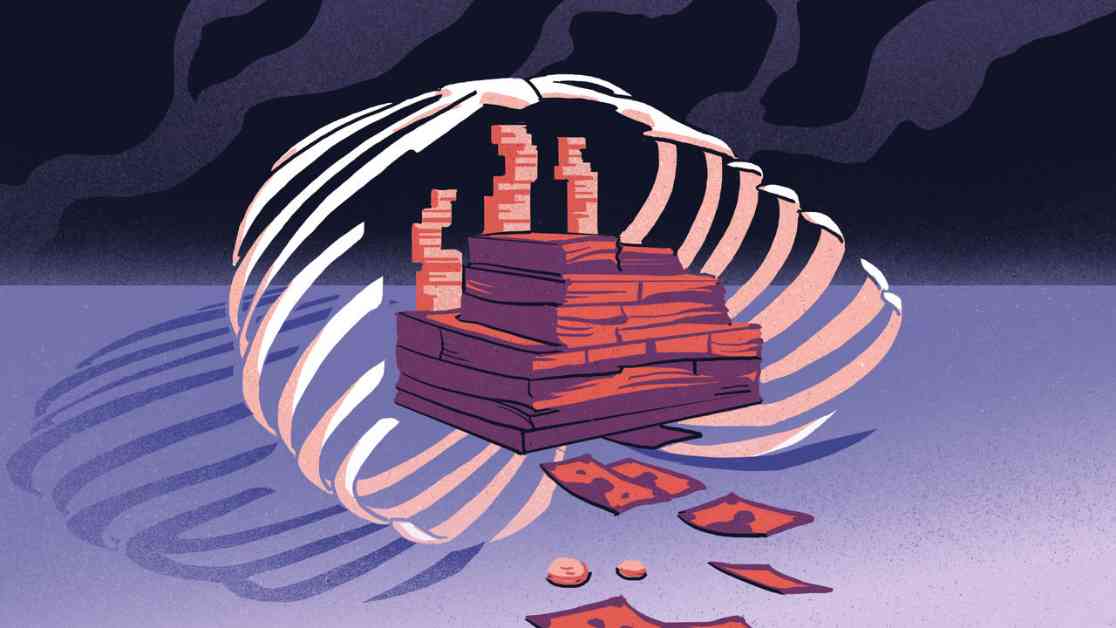The Shocking Corpse Scandal Uncovered in China
The recent revelation of a gruesome corpse scandal in China has sent shockwaves throughout the country and beyond. Thousands of bodies were stolen, dismembered, and sold by a criminal ring for use in manufacturing bone grafts. This disturbing discovery has not only raised concerns about the treatment of the deceased but has also ignited outrage among the public and prompted questions about the government’s response to the issue.
The theft and sale of over 4,000 corpses between 2015 and 2023 by a criminal organization have exposed a dark underbelly of the Chinese healthcare system. The bodies were allegedly obtained through illegal means and then dissected to harvest bones for use in medical procedures. This macabre scheme not only violates ethical standards but also poses serious health risks to patients who unknowingly receive bone grafts from these stolen bodies.
Government’s Role in Stifling Discussion
Despite the shocking nature of the corpse scandal, the government’s reaction has been to stifle any discussion of the issue. This suppression of information has only fueled public outrage and raised suspicions about the authorities’ involvement in or knowledge of the criminal activities. By silencing dissent and restricting access to information, the government has failed to address the root causes of the problem and ensure accountability for those responsible.
The lack of transparency and accountability surrounding the corpse scandal has further eroded public trust in the government and highlighted the need for greater oversight and regulation of the healthcare industry. The exploitation of the deceased for profit underscores the importance of upholding ethical standards and safeguarding the dignity of the dead. Without proper safeguards and enforcement mechanisms in place, such heinous acts are allowed to persist unchecked, endangering both public health and moral integrity.
Implications for Chinese Society
The corpse scandal in China has broader implications for society as a whole, raising questions about the values and principles that underpin the treatment of the deceased. The desecration of bodies for financial gain reflects a moral decay that threatens the social fabric and erodes trust in institutions. The disregard for the sanctity of life and death not only dehumanizes the victims but also degrades the moral character of those involved in such activities.
Furthermore, the lack of accountability and transparency in the handling of the corpse scandal highlights systemic issues within the Chinese healthcare system. The absence of effective oversight and regulation allows for such egregious violations to occur, underscoring the need for comprehensive reforms to ensure the ethical and legal treatment of the deceased. Without proper safeguards and enforcement mechanisms, vulnerable individuals remain at risk of exploitation and abuse, perpetuating a cycle of corruption and injustice.
In conclusion, the uncovering of the gruesome corpse scandal in China has exposed a dark and disturbing reality that demands immediate attention and action. The theft and sale of thousands of bodies for profit not only violates ethical standards but also poses serious risks to public health and safety. The government’s role in stifling discussion and suppressing information only exacerbates the problem, highlighting the need for greater transparency and accountability in addressing such heinous crimes. As society grapples with the implications of this scandal, it is imperative that steps are taken to prevent future atrocities and uphold the dignity of the deceased.



























